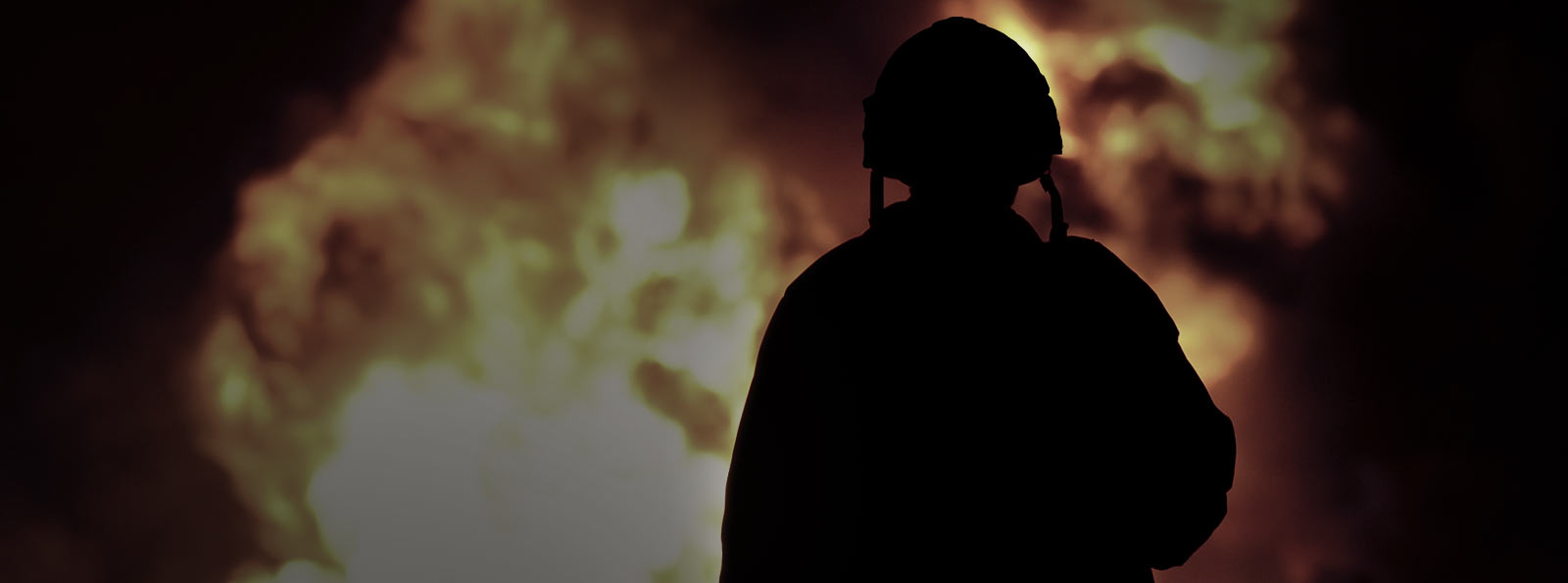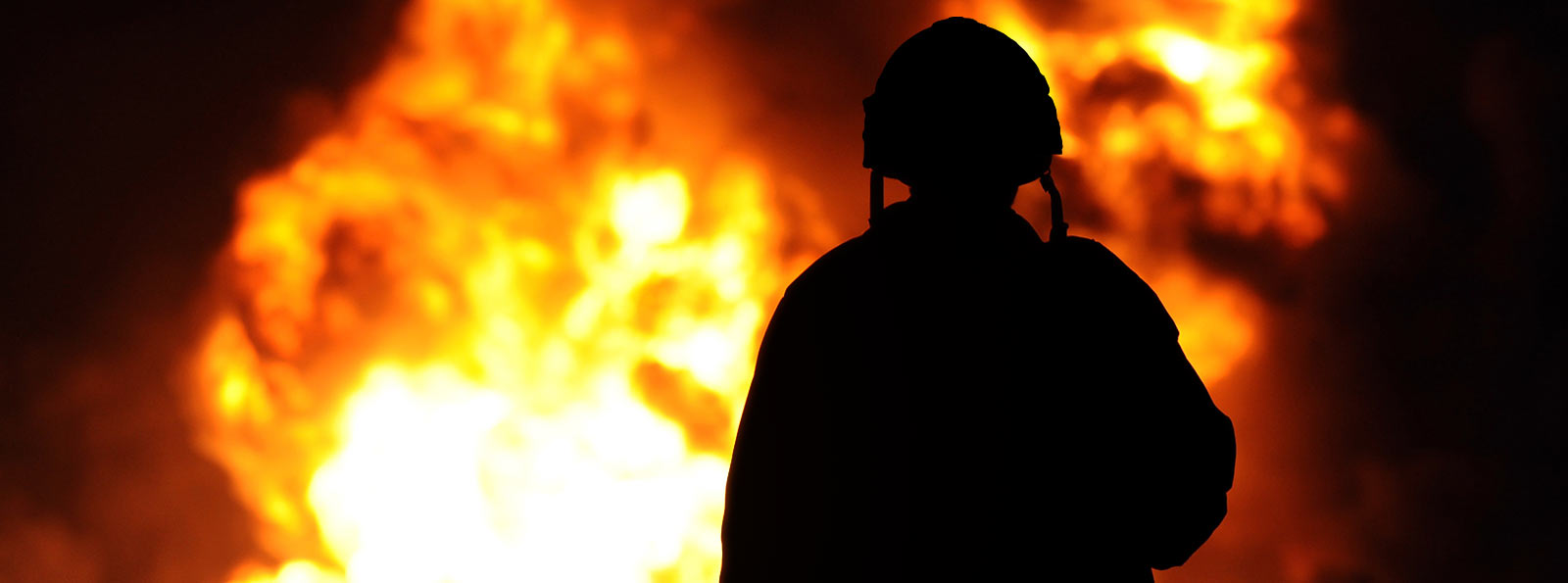



Canadian soldiers have officially left Afghanistan. But for many men and women in the Canadian Forces, an invisible war still rages.
Global News spoke with five current and former members of the Canadian Forces, each with post-traumatic stress disorder.
What they revealed amounts to a crisis in the military.
They all described debilitating injuries and difficulty in getting treatment, either initially or long-term.
Some soldiers said stigma was to blame, while others blamed systemic dysfunction in the military. Doctors blamed the media and military culture.
While the stories highlight a complicated reality for those dealing with PTSD, one thing is certain: soldiers are having trouble getting the help they need.
According to data from Veterans Affairs obtained (after weeks of repeated requests) by Global News, psychiatric conditions are the second-most common of all causes of disability claims among those who served in Afghanistan.
The three most common mental health ailments in the military, according to a senior psychiatrist with the Canadian Forces, are depression, PTSD and substance abuse.
Psychiatric conditions such as these accounted for a total of 3,424 disability claims related to service in Afghanistan (Some vets made multiple claims, and Veterans Affairs could not tell Global News how many people in total made claims for these conditions).
For context, around 40,000 Canadian troops served in Afghanistan and 158 died.
More than 80 per cent of the time, soldiers have more than one diagnosis, and the three most common conditions often intersect.
PTSD, a disorder brought on by trauma, can manifest itself in different ways, such as anxiety, depression, insomnia, anger or mood disorders, to name a few.
Some soldiers in this series describe an endless struggle with these symptoms while others have emerged from the darkness of PTSD. They all told Global News they were speaking out to encourage others to do so.
These soldiers spoke out as a spate of soldier suicides made headlines, forcing Canadians to acknowledge the damage the war in Afghanistan inflicted on those who made it home.
A tense confrontation in January between Minister of Veterans Affairs Julian Fantino and veterans over the closing of office locations highlighted the disconnect between the two sides.
At the same time, the Canadian government was reviewing the New Veteran’s Charter, a document that came into force in 2006 and fundamentally changed the way veterans were compensated.
It meant that soldiers being medically released from the military, including those with PTSD, would receive lump sum payments instead of a pension. Many of these veterans were also depressed, addicted to alcohol or drugs, or suicidal.
As the crisis has taken hold among veterans, overall federal funding has been cut. Meanwhile, funding for programs designed to honour veterans has increased by double digits.
Some soldiers in the series tried to take their own lives, while others watched their marriages or their finances (or both) fall apart. Some struggled with addiction. Here are their stories.
By: Ashley Terry, Global News, with files from Patrick Cain